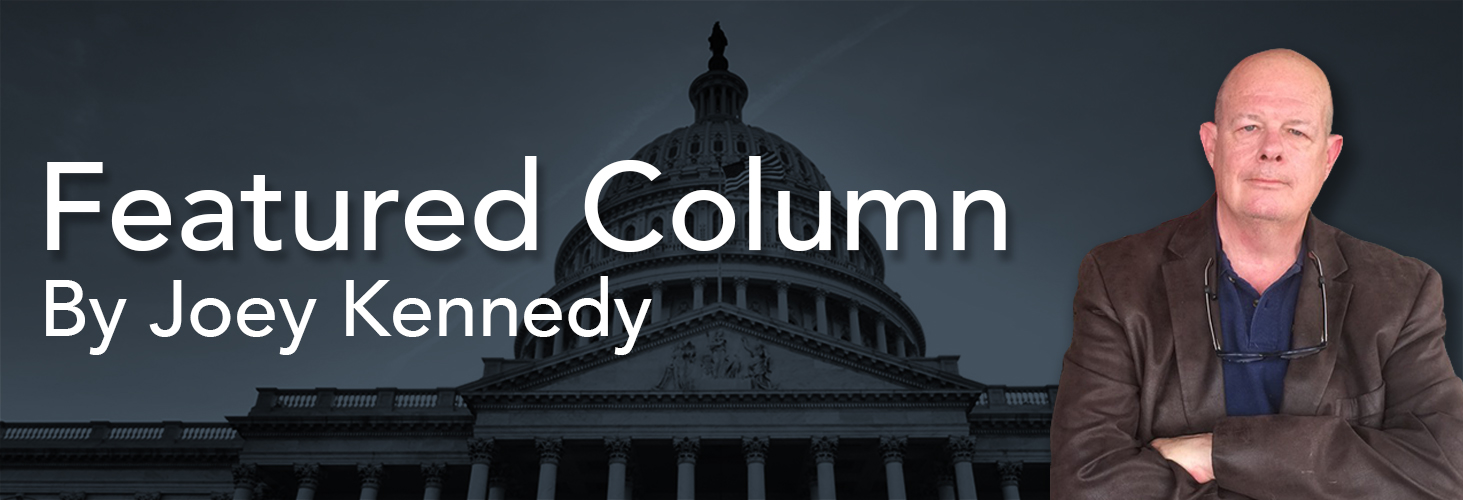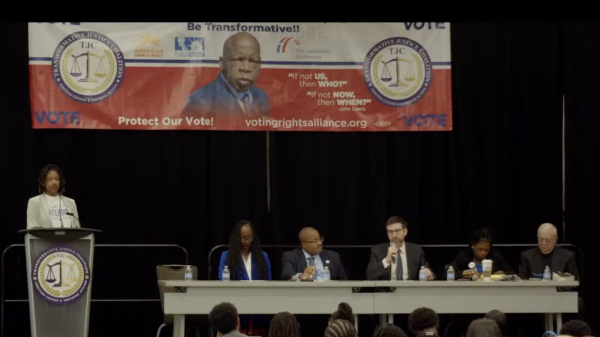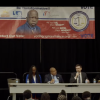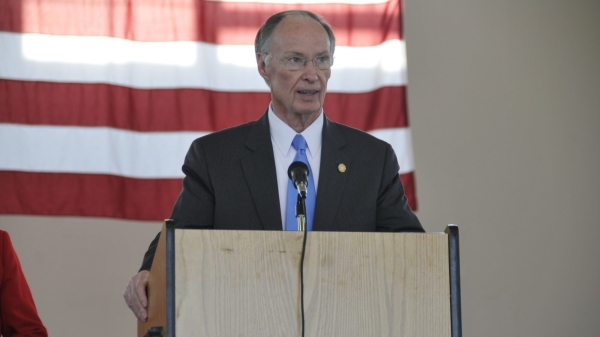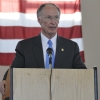By Joey Kennedy
Alabama Political Reporter
Acting Finance Director Bill Newton does not work for Gov. Robert Bentley. He does not work for himself. He works for the taxpayers of Alabama and, as such, is wrong to prohibit state officials from speaking to the media in Alabama. That would be media that is trying to keep Alabama taxpayers informed.
Transparency means something else entirely to Newton and Bentley. And it’s not the dictionary definition of transparency, which is “the condition of being transparent.” “Transparent” itself, according to the dictionary is “allowing light to pass through so that objects behind can be distinctly seen.”
Bentley promised a transparent administration, but, hey, it was just a promise. Bentley also promised his wife something along the lines of “we’ll be together until death do us part.”
Maybe when one breaks a promise that big, breaking one about having a transparent administration isn’t such a big deal.
To him.
But it is to the taxpayers. They have a right to know what their government is up to, and when state officials are ordered not to speak to the media, it makes it more difficult for the media to keep taxpayers informed. It also raises lots of red flags. Like about a million.
What Bentley should do is order Newton to retract his demand.
Bill Britt, editor of Alabama Political Reporter, wrote that Newton, a couple days after APR published an investigative story on the $47 million faulty state finance software that is leaving many state vendors unpaid, basically threatened state agency directors and employees.
“Every media inquiry shall immediately be made known to the Finance Director,” Newton’s directive says. “Any employee of the Department not authorized to communicate with the media shall refer any inquiry from the media to the Director. No employee of the Department of Finance shall initiate contact with the media or issue any communication that could reach the media concerning the operations, personnel, policies and activities of the Department of Finance or state government, unless the Director has given specific authority for such communication. Any inquiry not from the media that seeks information regarding the Department, shall be referred to the Legal Division to determine if the inquiry can be processed as a ‘Request To View Public Records’ or should be referred to the Director.”
So that begs the question: What else are Newton and Bentley trying to hide? And if there really is nothing wrong, why such a broad, far-reaching, desperate-sounding order? Newton might as well order the taxpayers who pay his salary to not read the stories published by media organizations like Alabama Political Reporter. That would have about the same authority his directive has.
Here’s the deal: When you screw up, you’re going to get called out. The whistleblowers won’t stop talking just because an interim boss says they must shut up.
That’s been tried before. It never works. But it does create a lot of stress in the workplace. State employees have enough on their hands and minds without having to worry about violating Newton’s harsh directive because the media is reporting on his department’s mistakes.
The more Newton and Bentley — and all politicians, really — try to control the message, the more out-of-control the message becomes.
Just tell the truth, fess up, and move on.
Instead, a few weeks before Christmas, Newton threatens state workers and wants to know of every media inquiry. Doesn’t he already have plenty to do, like getting the faulty software fixed so vendors can get paid in a timely manner?
Any state worker wants to talk to me, I’m listening. And I’m not going to tell Newton, either.
Joey Kennedy, a Pulitzer Prize winner, writes a column every Wednesday for Alabama Political Reporter.







































